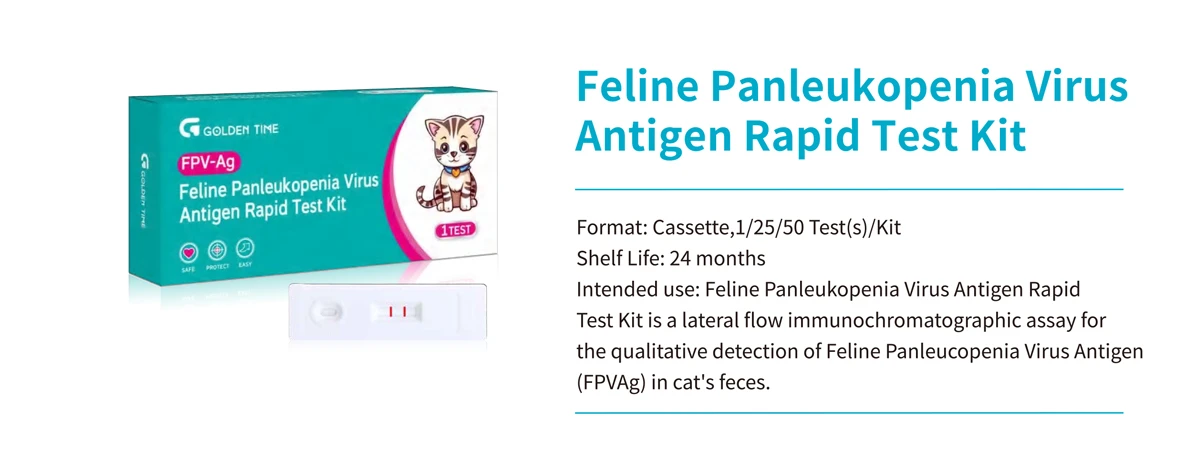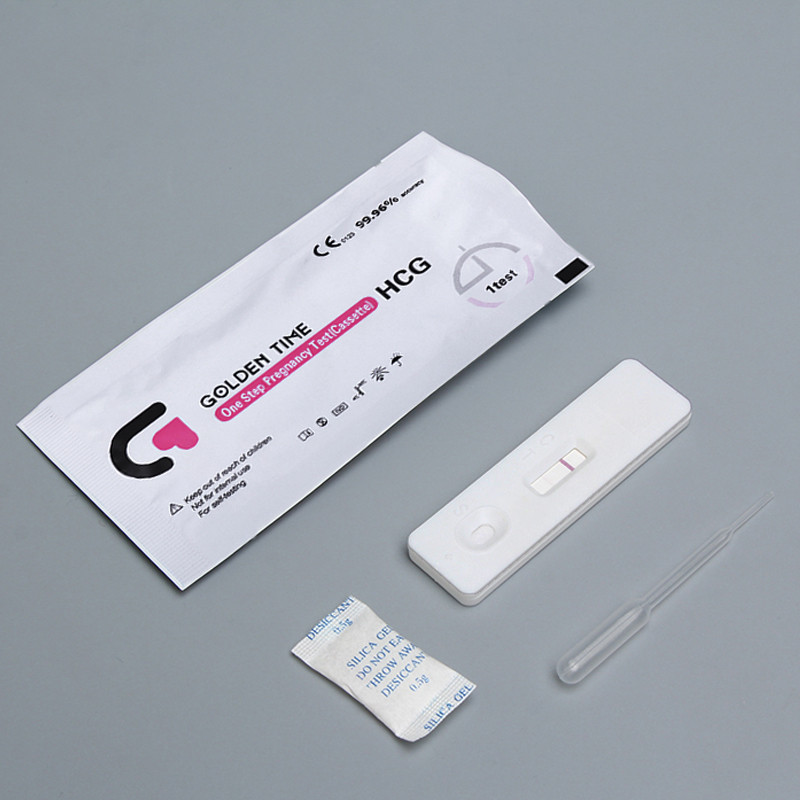Litaba
-

Introducing the Canine Coronavirus Antigen Rapid Test Kit: Ensuring Pet Wellness at Home
Taking care of your pet's health has never been easier with the Anigen Rapid CPV CCV Ag TRead more -

Invitation to Asia Health & Medlab Asia 2024
Dear Ladies and Gentlemen.Greetings!We would like to invite you to attend Asia HealthRead more -

Home pregnancy tests: Can you trust the results?
Taking a home pregnancy test can be exciting, but it also may be stressful. That's especially true if you're not sure whether you should trust the results. Know when and how to take a home pregnancy test. And learn some of the possible drawbacks of home testing.Read more -

Best pregnancy tests in 2024
Taking a pregnancy test can trigger a whole range of emotions, which is unsurprising considering the results can impact the rest of your life. As pregnancy tests perform such an important task, it is vital that you choose the best pregnancy test so that you can trust the results are accurateRead more -

The 10 Best Pregnancy Tests
Picking out a pregnancy test can feel overwhelming, especially when you consider the number of brands and types available, and of course, what’s at stake. The good news? Some tests clearly come out on top when it comes to accuracy, reliability, and usability, making it easier to narrow your choices.Read more -

The 10 Best Pregnancy Tests for Early Detection
"Am I feeling more tired than usual?" "Are my breasts more tender than they normally are?" When trying to conceive, you may begin questioning every possible pregnancy symptom. While your first instinct may be to take a home pregnancy test, you might be wary about doing so if you're concerned that the results won't be accurate. It's a valid fear – there's nothing worse than taking a pregnancy test only to get hit with a big fat negative because you took it too soon.Read more -

Strips of Hope: Accuracy of Home Pregnancy Tests and New Developments
The first home pregnancy test was introduced in 1976. Since then, pregnancy tests have become the most common diagnostic assay used at home. Pregnancy tests use antibodies to detect human chorionic gonadotropin (hCG).Read more -

How accurate are pregnancy tests?
Pregnancy tests are an easy and accurate way to find out if you’re pregnant — you just pee on a stick. They’re inexpensive and available at most drug and grocery stores.Read more -

When Should You Take a Pregnancy Test
Some pregnancy tests can detect pregnancy beforeTrusted Source a period is due, but the body needs time to increase its levels of the hormone human chorionic gonadotropin (HCG) for a reliable result. Testing before a missed period can increase the risk of a false negative result.Read more -

Early Pregnancy Detection Matters3
When you may be pregnant, the earlier you know, the better. Featuring First to Detect™ technology, the FIRST RESPONSE™ Early Result Pregnancy Test is sensitive enough to capture scant amounts of pregnancy hormones to give you results 6 days sooner than your missed period.1Read more -

The 8 Best Pregnancy Tests Out There, Tested and Approved
Based on advice from four ob-gyns, a survey of over 300 new and expectant parents from The Bump community and feedback from our independent product tester, we chose the Clearblue Rapid Detection Pregnancy Test as the overall best pregnancy test. In particular, this option stood out for its ease of use, quick results, accuracy and cost-effectiveness.Read more -

Best Pregnancy Tests pregnancy test
What to Expect selects products based on real-life testing conducted by staff, contributors and members our user community, as well as independent research and expert feedback; learn more about our review process Opens a new window. Prices and details are accurate as of the published date. We may earn commissions from shopping links.Read more

